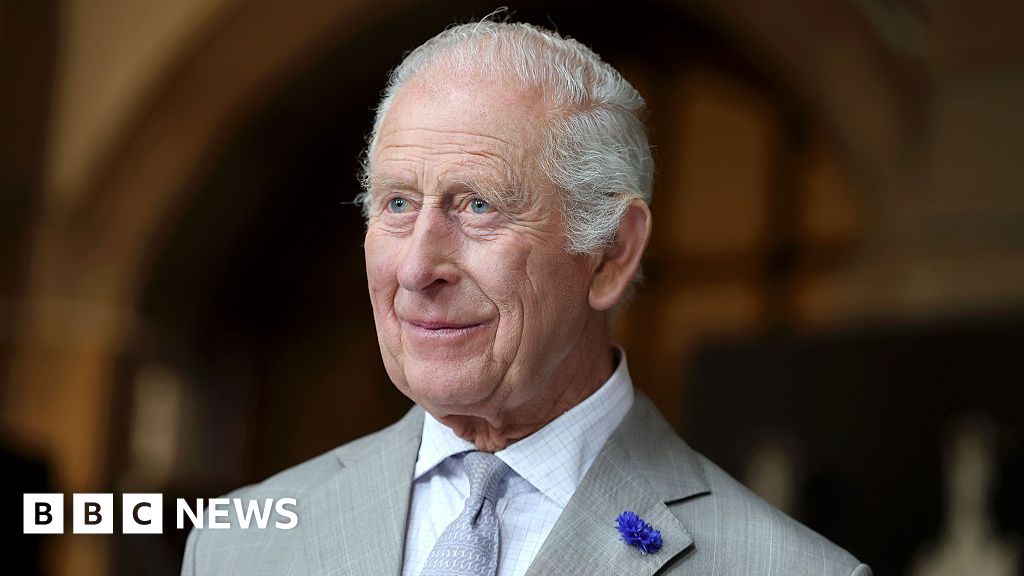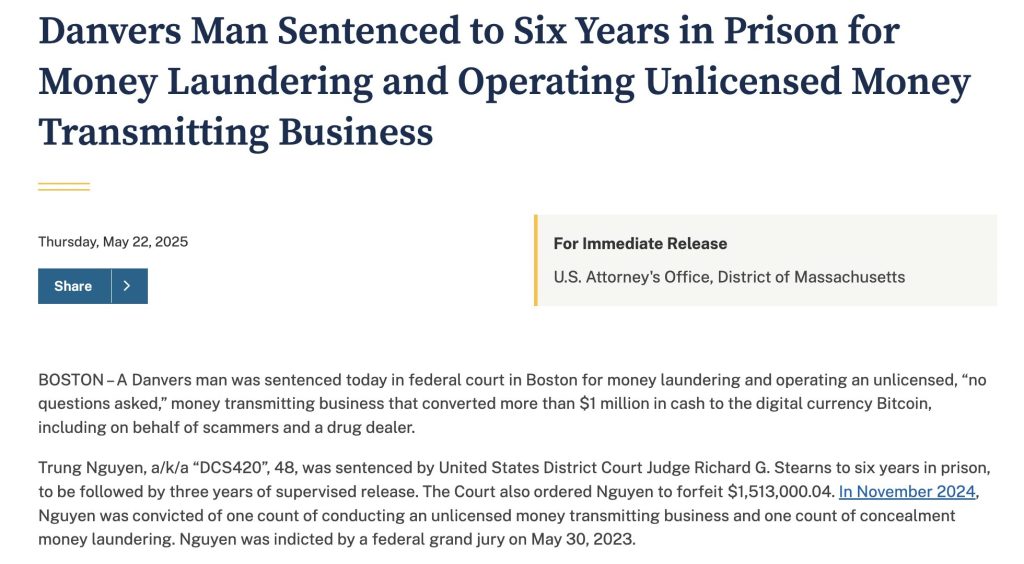Many people ask me for my perspective on how leadership development is evolving, and should evolve, to meet current needs. Before exploring that, it’s important to first define what leadership development means, as this term carries outdated associations that can prevent us from thinking creatively about the future of work.
This is a problem because leadership development is more important than ever: Leaders and businesses face constant pressures to grow and change. So, let’s attempt to break down what leadership development means—and, in the process, dismantle some of the stereotypes that it can subconsciously promote.
Defining leadership development
Let’s start with the basics. What does it mean to be a leader? Leaders are individuals willing to take responsibility for the success of those around them. In the past, we’ve understood a leader as a person who sits at the top of a hierarchy. Times have changed.
In today’s world of work, people at all levels of the organization—from people managers to individual contributors—can wield an incredible amount of influence. Expanding our definition of a leader creates more visibility for people who may not have a leadership title but whose work is just as impactful to the business.
The term “development” also needs to be updated. Many people automatically associate development with career progression—and even more narrowly with getting promoted. This is undoubtedly a form of development, but research suggests that development and promotion aren’t always synonymous. Some people might view development as embracing challenging work assignments; some might see it as getting new exposure to an alternative path, or building a network with more people who can help to teach them and so on.
I’m working with a high-performing leader right now for whom development is better integrating her family life into her professional life so she can be more balanced and present at both. Given how development has evolved beyond moving up the ladder, what does an adapted definition look like? To me, it’s about expanding impact, influence and purpose.
If what people are ultimately looking for centers around their ability to make a meaningful impact—whether within the company or in a broader context—modern leadership needs to be attuned to this aspiration. This necessitates training for leaders to support such endeavors effectively.
Moving away from hierarchy
Fortunately, we’ve seen organizations rise to this need and shift what they think of as essential leadership skills in the process. In the past, the skills we assumed leaders needed revolved around driving results and output. But in the wake of COVID, hybrid work setups and diverse generations coming into the workforce, leadership has increasingly shifted.
It’s more and more a realm where proficiency extends beyond the confines of P&L skills. This idea is also supported by research, such as this Sloan Management Review article, which explains that to be successful in the new and evolving world of work, managers should not depend only on hierarchical position as the basis for providing leadership. Instead, they must recognize the role of relational power, particularly in the context of a hybrid work environment.
How to develop that relational power? By cultivating relational skills. This means organizations are focused on developing skills like being more inclusive, active listening, motivating teams and communicating adeptly across different populations and in different environments.
Possessing exceptional relational skills is emerging as the differentiator for leadership candidates. These skills enable individuals to accelerate influence and achieve outcomes not solely based on their job title, but on their ability to foster connections and collaborate effectively across the organization.
I readily admit that developing relational skills is a harder endeavor compared to some of the other historically mandated technical skills. As part of our day-to-day at Torch, we’re dedicated to investigating and trying to understand what is the best, most effective way to develop those relational skills.
This interests us because our mission is to unlock the potential of people, teams and organizations. We pursue this mission through coaching and mentoring, which we’re facilitating through our technology to scale trusted relationships to more people. Leadership development is core to what we do. It’s a critical need that we see the world of work crying out for.
A more personalized approach to skill development
Over the past few years, we’ve seen more leaders recognize the limitations of relying solely on traditional methods of development to cultivate these relational skills. Many traditional training methods tend to adopt a one-size-fits-all approach, whether through classroom sessions or online courses. That method can be effective in some contexts, but if you’re seeking sustainable behavior change, research suggests you’ll need to take a different approach.
Though research we commissioned through Harvard Business Review Analytic Services reveals that traditional leadership skills training is the most common development tool, only 35% of those surveyed feel it is effective. What’s more effective, according to these leaders, and supported by research on the science of learning and behavior change, is a more personalized approach to leadership development.
Personalized approaches to leadership development, such as coaching and mentoring, are more effective than one-size-fits-all approaches for three key reasons. The first is that development lessons can be tailored to a learner’s unique needs. The second is, that with a coach or mentor, you have a psychologically secure space to explore where you might need development help. Finally, the presence of someone to hold you accountable is vital for actually driving behavioral shifts and to improve relational skills the workplace needs far more of.
We don’t merely advocate these principles; we actively practice them ourselves. At Torch, we extend coaching to people when they move into a management role and see it as an important signal of investment in their growth. And it can have a huge impact. I find that most people who go into people management genuinely aspire to be outstanding managers—but suddenly, everyone’s expecting them to have all the answers, and that can be overwhelming.
Providing some support on how they can build meaningful relationships with their people, reassuring them that it’s OK to not have all of the answers, and that learning and development are continuous—this type of coaching can be a game-changer. It’s an approach I recommend you consider as well.
Credit: Source link











